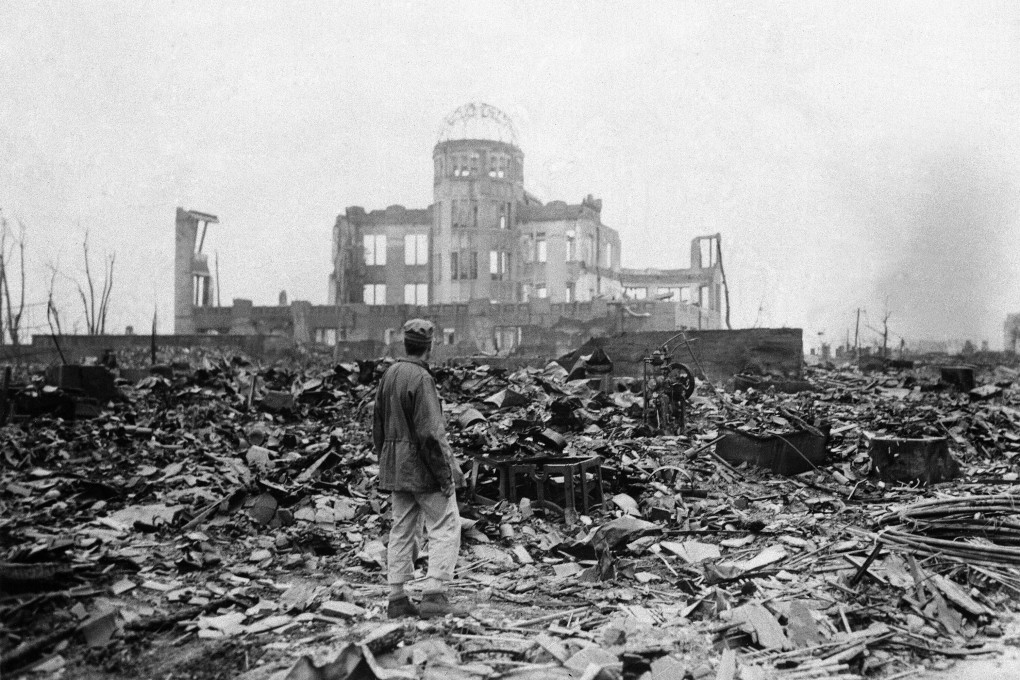Opinion | Oppenheimer’s story is a cautionary tale in the age of AI
- Just as the advent of the atomic bomb marked humanity’s capability for self-inflicted devastation, the era of AI signals the potential for artificial intelligence to assume control over our destiny

Morally conflicted, the “father of the atomic bomb” subsequently emerged as a fervent proponent of nuclear arms control. But Oppenheimer’s advocacy cast doubt on his allegiance, leading to accusations of harbouring communist sympathies and resulting in the revocation of his security clearance.
The Oppenheimer backstory unveils the intricate relationship between humankind and science, where the former wields science as a tool that, unfortunately, is susceptible to misuse for ignoble ends. In the Manhattan Project, there were two fateful features of this delicate relationship.
Firstly, while humans have historically misappropriated science on various occasions, the atomic bomb presents a unique case involving rivalry between nation-states to produce a specific weapon. Oppenheimer was in a race against Nazi Germany to develop the first atomic bomb.
Secondly, while scientific misapplication has been detrimental to humankind, the atomic bomb stands as an ominous culmination of such misuse, embodying a potentially apocalyptic weapon that has left humanity with an unsettling legacy – an enduring sense of vulnerability beneath the shadow of total annihilation.
